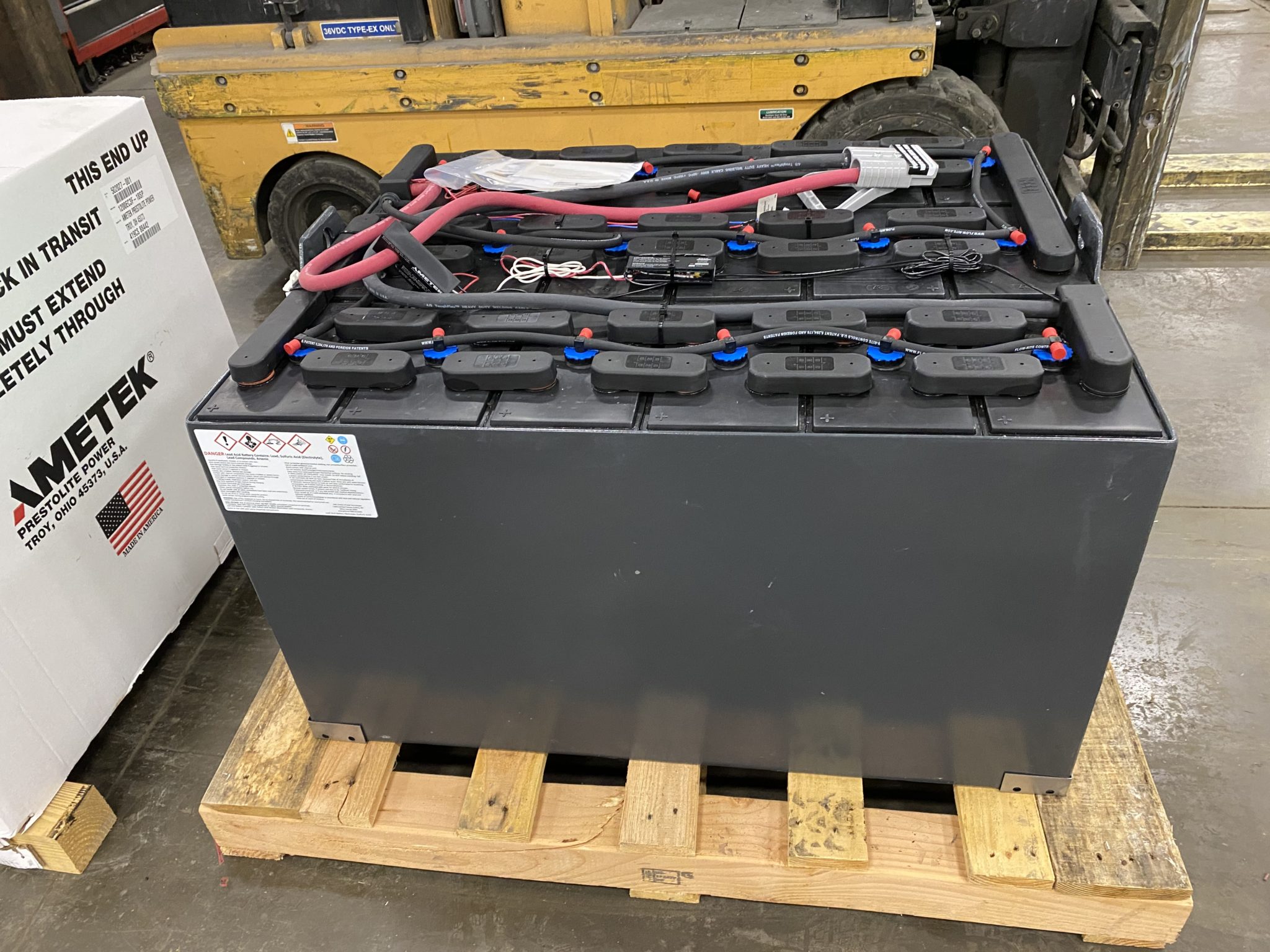
Common Problems of a Forklift Battery
In attempting to fix a forklift battery, several factors are being considered. Incorrect storage, watering, and overwatering can cause excessive sulfation and acid leakage. In addition, improper handling can expose employees to dangerous chemicals, and faulty forklift battery repair can damage the internal components. It is recommended to refer to a professional like Tx motive. If the battery is inoperable or unstable, it could lead to expensive damage to the internal components of the forklift.
Watering
Lead-acid batteries generally have a limited number of charges. Watering your batteries before and during a charge can extend the battery’s life, it can also shorten its cycle. Therefore, watering a battery is crucial to running smoothly and keeping your fleet’s productivity high.
You should ensure that forklift batteries undergo proper watering methods for every five charge cycles. If your fleet is large enough, you can establish a schedule for watering your batteries each day. When you check your battery, cover the plastic element protector so that the liquid does not freeze inside. Another way to maintain your battery is to use a watering system that will automatically refill the cells as needed. It will prevent you from having the trouble of manually watering your battery and save you money in the long run.
Acid leakage
Forklift batteries are expensive and need regular maintenance. Proper cleaning, replacing fluids, and removing sulfation are crucial for a healthy battery. A trained technician can perform a complete refurbishment and help you decide whether your battery is safe to use or is needed to be returned to the manufacturer. A faulty battery will eventually lead to more repairs and expensive downtime. Here you can read more about other acid leak build-ups on batteries.
A poorly-charged battery will eventually lead to an acid leak. The solution may leak out into the battery or accumulate on the battery’s surface. The accumulation of electrolytes can corrode the battery terminals and negatively impact the forklift’s performance. Battery wash equipment can extend battery life by 50% or more. In addition to extending battery life, improperly charged batteries will reduce efficiency.
Sulfation
Sulfation in forklift batteries can occur when undercharging the battery or constantly cycling. This condition leads to the breakdown of the battery’s active material, leaving a residue of lead sulfate on the plates. A recharged battery converts back a portion of the sulfate to active lead material, and the rest of the material returns to the electrolyte.
The acidic residue on the battery case causes several problems. For one thing, it forms a conductive circuit between the lead posts and the steel case, reducing the battery’s life. It can also corrode the battery’s terminals, limiting its capacity and making it unusable. High temperatures can also accelerate the rate at which sulfation occurs. Therefore, it’s best to recharge the batteries at low current rates to avoid the onset of sulfation in forklift batteries.
Safety hazards
The charge process of a forklift battery can pose numerous safety hazards. While the battery itself does not pose any immediate dangers, overfilling and excessive gassing can result in an explosive mixture. Additionally, improper battery handling could result in injuries or damaged equipment. Therefore, workers should only fill the battery with water after fully charged when working on a battery. It is also essential to check the water level while in use because the highly toxic sulfuric acid can splash onto the body and eyes. Inhaling this dangerous chemical can cause severe injury or even death.
Batteries used for forklifts are lead-acid types, which are corrosive and can pose significant safety risks if not handled properly. Lead-acid batteries contain sulfuric acid, which can burn the skin, clothing, and concrete floor. In addition, if left unchecked, sulfated batteries can eventually lead to early failure. As a result, it is essential to follow the OSHA recommendations when working with batteries.
Cost
Forklift batteries are notoriously expensive, with an average price tag of nearly $7,000. On the negative side, you may be able to save a bundle by implementing a forklift battery maintenance program. A simple DC voltmeter and steel probes will do the trick. But in some cases, basic repairs can restore a battery to like-new condition. Water levels in a battery can be a critical factor in battery health, so cleaning them up can make a huge difference.
When you consider the costs of a forklift battery, you’ll be surprised to learn that there’s more to the equation than the price tag. If you’re looking to save money on a maintenance contract, investing in lithium-ion batteries is essential. These batteries can last at least four times as long as a standard forklift battery. So, in addition to extending the life of your battery, these batteries can improve your productivity and reduce operational costs.



